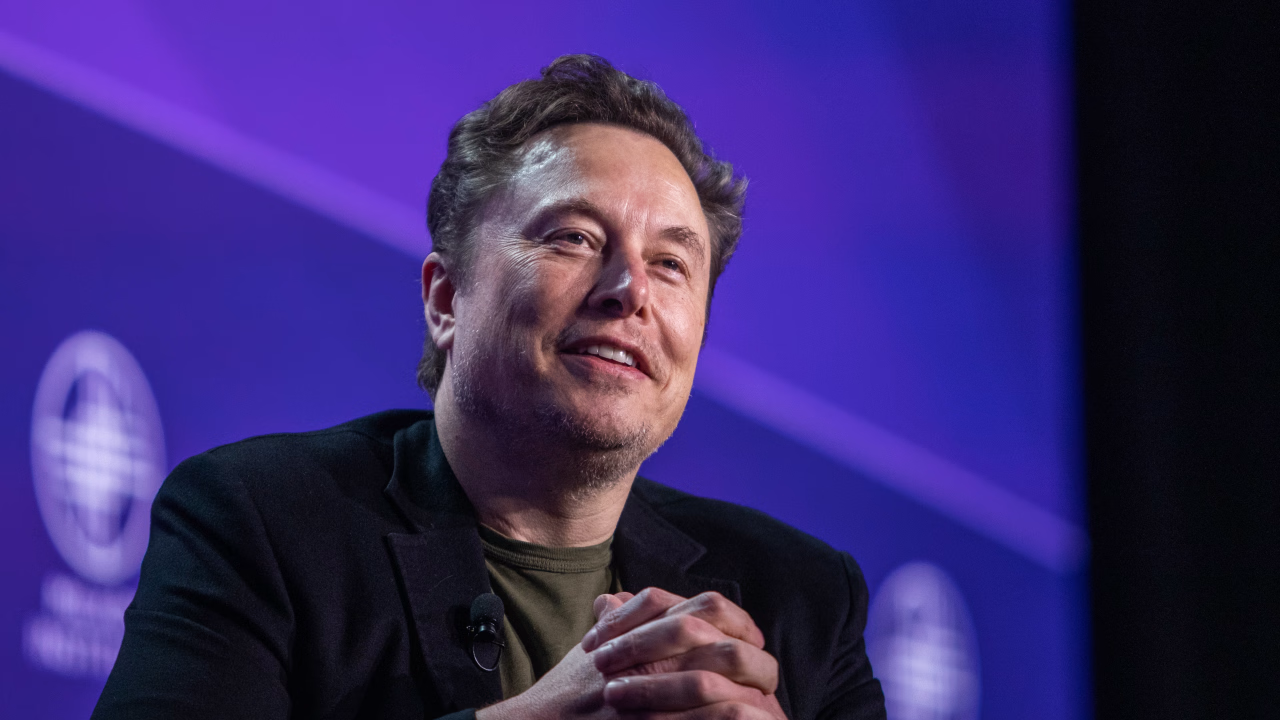At Tesla’s annual shareholder meeting in Austin, Texas, shareholders gave an overwhelming go-ahead to a performance-based compensation plan that could award CEO Elon Musk stock worth up to $1 trillion. More than 75% of voting shareholders supported the plan, the largest CEO compensation deal in history. This extraordinary package does not give Musk a salary, but instead is made up entirely of Tesla shares, which become available if he meets a challenging set of goals over the next decade.
The structure of the package divides Musk’s potential stock bonus into 12 separate tranches. Each one is linked to strict corporate milestones—for example, Tesla’s market capitalization must increase in specific large increments, beginning from around $1.5 trillion and scaling up, culminating in a target of $8.5 trillion. Only when Tesla attains each substantial market cap target, and also meets related performance and product-specific milestones, does Musk unlock the next set of shares. The final outcome, should Musk satisfy all these requirements, would see him own about 25% of Tesla’s voting shares.
Musk’s compensation is larger than any other ever proposed for a public company executive, and substantially higher even than his own prior headline-grabbing $55.8 billion package from 2018. Making the plan even more remarkable, Musk cannot cash out the stock right away; he must remain at Tesla to access and hold these shares, further tying his fate to the company’s.
This deal comes after lengthy public debate and division among investors. While Tesla’s board strongly supported the plan, arguing that only an extraordinary offer could retain Musk’s focus and leadership, some major shareholders and advisory firms expressed concern about exceeding reasonable pay and concentrating too much power in one executive’s hands. Critics also note Musk’s other professional commitments and his public role in politics, raising questions about how much attention he can dedicate sustainably to Tesla.
The plan is aimed at keeping Musk committed to ambitious goals, including advances in artificial intelligence, production of humanoid robots and robotaxis, and a major ramp-up in vehicle output and technology. Even meeting some, but not all, of the milestones would guarantee Musk hundreds of billions in stock.
At the meeting, Musk expressed gratitude for the shareholder support and reiterated his vision of Tesla as a leader not just in electric vehicles but in technology and AI-driven manufacturing. The board indicated that Musk might have shifted focus to other ventures if the deal had not been approved—a concern for shareholders looking for steady leadership at a crucial time in Tesla’s development.
Ultimately, this pay package cements Musk’s leadership at Tesla and sets a new high-water mark for executive compensation—conditional, however, on achieving some of the most ambitious corporate goals ever set. If Musk manages the feat, he stands positioned to become not just a trillionaire, but perhaps the most influential figure in technology and industry for years to come.










